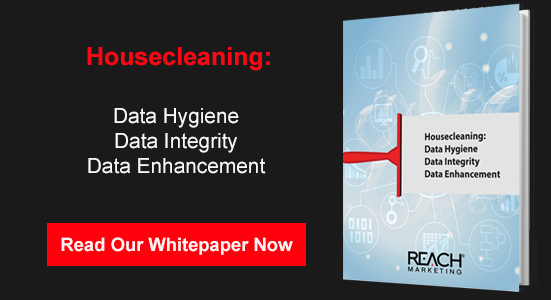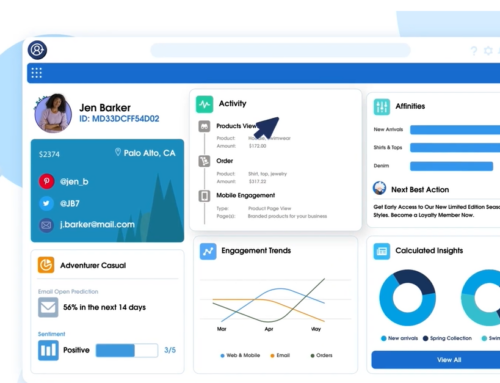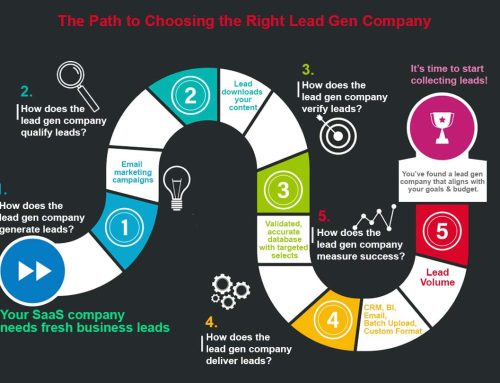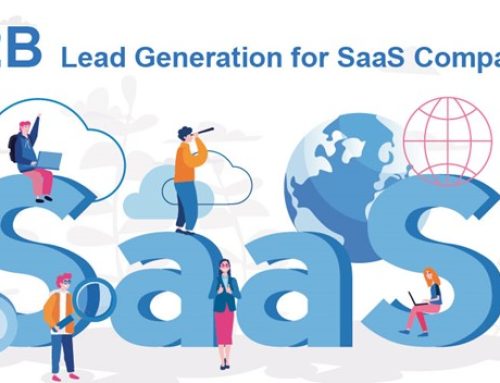Major changes to data privacy are coming, and they could dramatically alter how businesses and buyers interact. If regulatory repeals to internet privacy go through as they’re currently slated to, then internet service providers will then be able to sell certain kinds of users’ data. For marketers, the legislation could have a number of outcomes, but the businesses that thrive are those who are agile enough to move through the altered digital landscape with ease.
As Much Data as Businesses Can Handle – and Then Some
With greater data access comes more data, and the businesses that leverage it effectively will be those that can separate signals from noise. It isn’t particularly relevant to a B2B business to know what kind of soda its customers prefer, but discovering where they’ve browsed office supplies or software could be vital information. Sorting data and ranking it by relevance will become an even more vital skill than it already is, making state-of-the-art technology an essential component of marketing activities.
Work with the Right Marketing Data Partner
A flood of data sales offers are headed for business owners, but not all sellers are equally capable of providing a complete suite of marketing data services. Choosing a list management partner with experience curating, cleansing, and maintaining data will separate industry leaders from the pack. More isn’t necessarily better, especially in the B2B marketplace; relevance is key to B2B prospects, and you’ll want to work with pros who know how to match messages with markets.
A High Duty of Care
Customers are more aware than ever of the value of their data. They want you to know its value and treat it accordingly too. How do you show leads that you’re taking good care of their contact information? First, you keep it up to date. Getting the fundamentals right by using your lead’s correct name, job title, and other accurate personalized information, shows prospects that you’re invested enough to keep their records up to date. Just as well-tended landscaping suggests a successful business, accurate prospect data suggests meticulous attention to detail, which in turn helps leads feel secure when sharing information with you.
Preference Centers Give Leads Control
Another way you meet your prospects’ expectations of data security is through preference pages. No matter how they feel about proposed changes to data sales, prospects want to exercise some control over their communications. Preference centers let leads choose how often they hear from you, what kinds of content they receive, and how they share information with you. They’re also a useful data hygiene tool as every visit to the preference center triggers an update to a lead’s file.
© Reach Marketing LLC 2017 All Rights Reserved.







